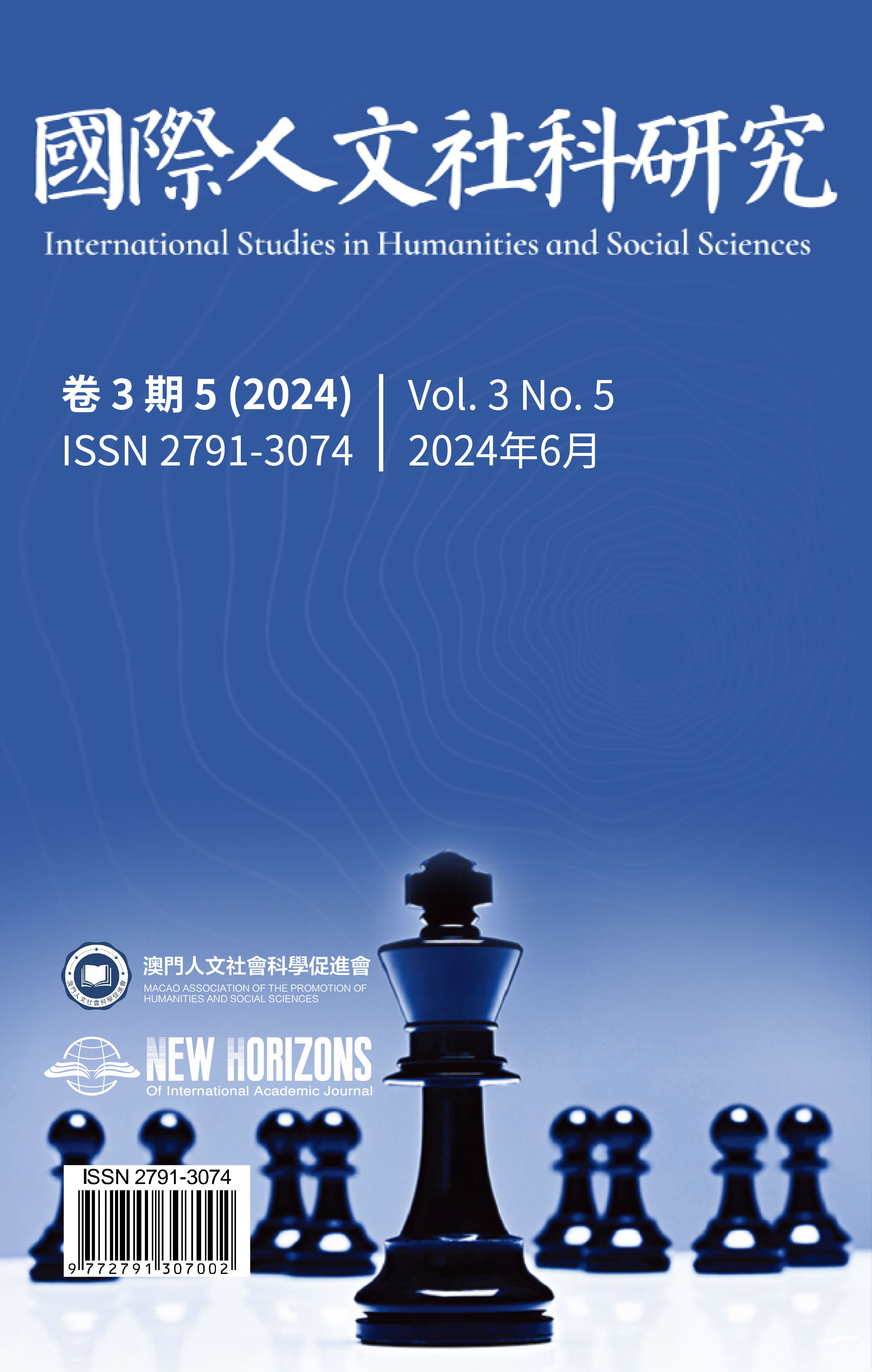鹿 璐 (Author)
深圳職業技術大學
Artificial Intelligence; Legal Regulation; Multilateral Treaty; Industry Rules
2024-06-15
The rapid development of Artificial Intelligence (AI) technology has posed new challenges to the existing international legal system while promoting social transformation. Apart from international intellectual property law, it also has significant implications on the principles of state responsibility, national sovereignty, international humanitarian law and international human rights law in international law. Therefore, it is necessary to regulate the development of AI technology through international law. Countries should strengthen cooperation by signing of multilateral treaties and industry rules, enacting domestic legislation, developing international model law, and promoting mutual influence, in order to form a relatively comprehensive and ideal set of international legal norms, and ultimately realize the safe and controlled development of artificial intelligence.
 PDF (Chinese)
PDF (Chinese)
本作品采用知识共享署名 4.0 国际许可协议授权。